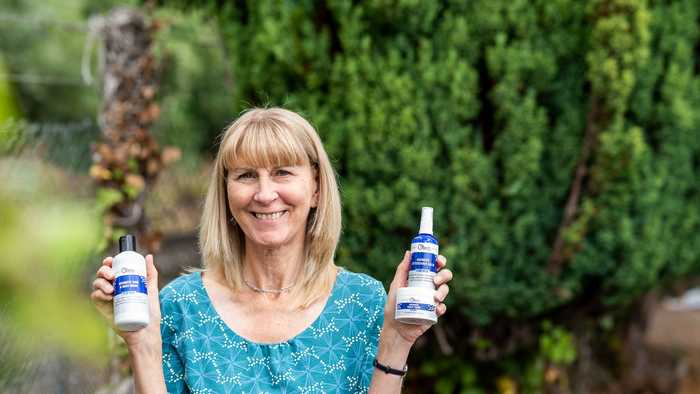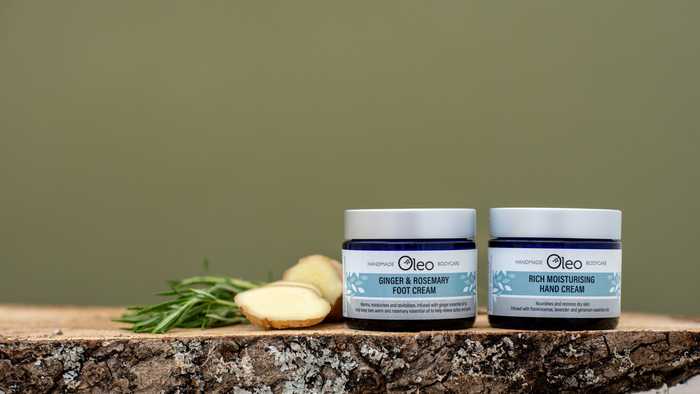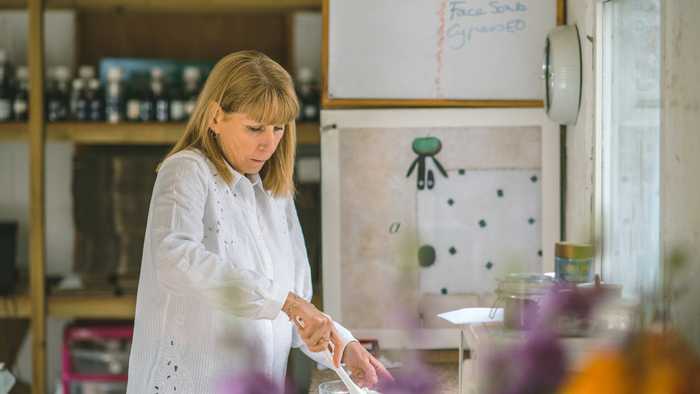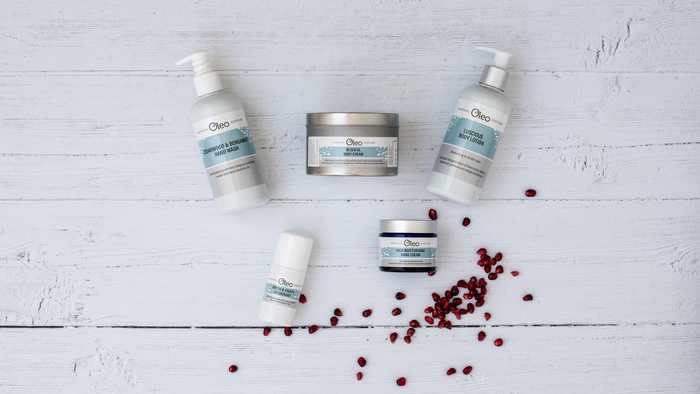
The Difference Between Vegan, Natural And Organic Products
Read time: 7 mins
A common misconception is that 'vegan' is the same as 'organic' because they usually conjure up images of fruit and vegetables, but this is false! Vegan products aren't guaranteed to be natural or organic as they may still include artificial ingredients.
Is your moisturiser natural? And is your shampoo actually vegan? How do you really know whether or not your skincare is organic? Attempting to decipher your favourite skincare ingredient list can be mind-boggling.
But first things first - there’s no legal definition or requirement to label a product as natural, organic or vegan. The only legal requirement is to list ingredients according to the global standard of INCI (International Nomenclature of Cosmetic Ingredients). Ingredients are listed from the highest percentage to the lowest, while ingredients under 1% can be listed in any order. However, names aren’t necessarily listed in their most common form - for example, water is listed as aqua, which is its scientific name.
This lack of regulation has led to a whole array of misleading marketing claims as well as greenwashing, which allows brands to appear to be something they're not. It also makes it harder for consumers to find out the truth – but that doesn't mean it's impossible.
Most products require some level of preservatives that are often synthetic; 100% natural products will have a significantly shorter shelf life.
The Soil Association’s Cosmos Natural logo guarantees the products do not contain GM ingredients, controversial chemicals, parabens, phthalates, synthetic colours, dyes or fragrances.

Organic
Products only need to contain a minuscule percentage of organic ingredients to label themselves as organic.
So, the clearest way of understanding the organic credentials of a product is to always check the label and look out for the Soil Association Organic Logo. This certifies that the products are sourced and manufactured using sustainable, organically-farmed ingredients and are not tested on animals, free from harsh chemicals, nano particles, parabens, synthetic dyes and artificial fragrances. It's worth noting that some ingredients cannot be organic, such as water, salt or clay.
The Oleo Bodycare range is not certified organic. Having said that, I still abide by the rules of not using ingredients that have been tested on animals. In addition, I do not, nor do I ever use parabens, SLS, artificial colours or fragrances in my products.
Vegan
Again, there is no legal regulation on a product labelled as vegan so check a brand's credentials to assess its values. The quickest way to ensure products are vegan is to look for the Vegan Society Logo. It certifies that products do not contain any animal extracts or animal by-products in the ingredients or the manufacturing process. Also, the products and ingredients have never been tested on animals.
Another logo to look out for to make sure your products are cruelty-free is the Leaping Bunny logo; it's the only internationally recognised symbol guaranteeing no animal testing was carried out in developing the product.
EU and British law has strict regulations around animal testing, whereas China requires it by law, so any products sold there will automatically have been tested on animals. In my view, these are definitely products to avoid.
It’s worth noting that a product labelled 'vegan' doesn’t necessarily mean that botanical replacements are used in place of animal-derived ingredients; they can include synthesised ingredients made in a laboratory.
Some common cosmetic ingredients derived from animal sources include glycerin, collagen, gelatine, and retinol. The Vegan Society also recommends avoiding ingredients - pearl, silk, snail gel, milk protein, cochineal (E120), tallow, and lanolin, unless specified as made from synthetic origin.
All of the Oleo Bodycare range is 100% vegan
From my best-selling hair care products to my amazing vegan body moisturisers. The collagen I use is a non-animal alternative to human or cow-sourced collagen. It can help to create a more youthful look to the skin. It is extracted from the intra-cellular matrix of yeast cells and is very effective as a collagen replacement.

Natural
‘Natural' is a broad, blurry category at best and not very regulated. A brand can tell us of its pure patchouli oil from Asia, argan from Morocco or lavender from swaying fragrant fields in Provence in their skincare offerings, and I love the imagery this conjures up. It's a mini travel trip in a bottle.
In reality, that might just be a very small part of the story. The rest may well be synthetic oils and artificial fragrances because by law you can go with your lead ingredient, which could be one hundred percent natural. Terms like ‘made with' or ‘contains' before a description on your skincare product label doesn't give the full picture. Similarly, if a skincare brand sports a Leaping Bunny symbol certifying it is cruelty-free and against animal testing, don't assume it is also organic or certified natural. A brand may be high on the sustainability and ethics ladder—fair trade, recycling, community support, zero waste—and have the certifications to prove it, but that does not automatically mean it is also organic or chemical-free. But we often assume it does.
With Oleo Bodycare I like to be transparent in what I do and true to my morals and beliefs. I have been vegetarian in my food choices for forty-five years, and vegan for the last five years. Naturally, this extends to my skincare. Maybe hypocritically, I still wear leather shoes and carry a leather handbag, but I don't hide this fact or any of the ingredients that are contained in my Oleo brand. Remember, that if you are confused or have any queries regarding any Oleo product, you can always Ask Olivia.
Natural, vegan and organic are actually lifestyle choices and you may have to audit your entire life, not just your skincare products. That is a big commitment to make.
Choose cruelty-free, vegan skincare products. Choose Oleo Bodycare.


